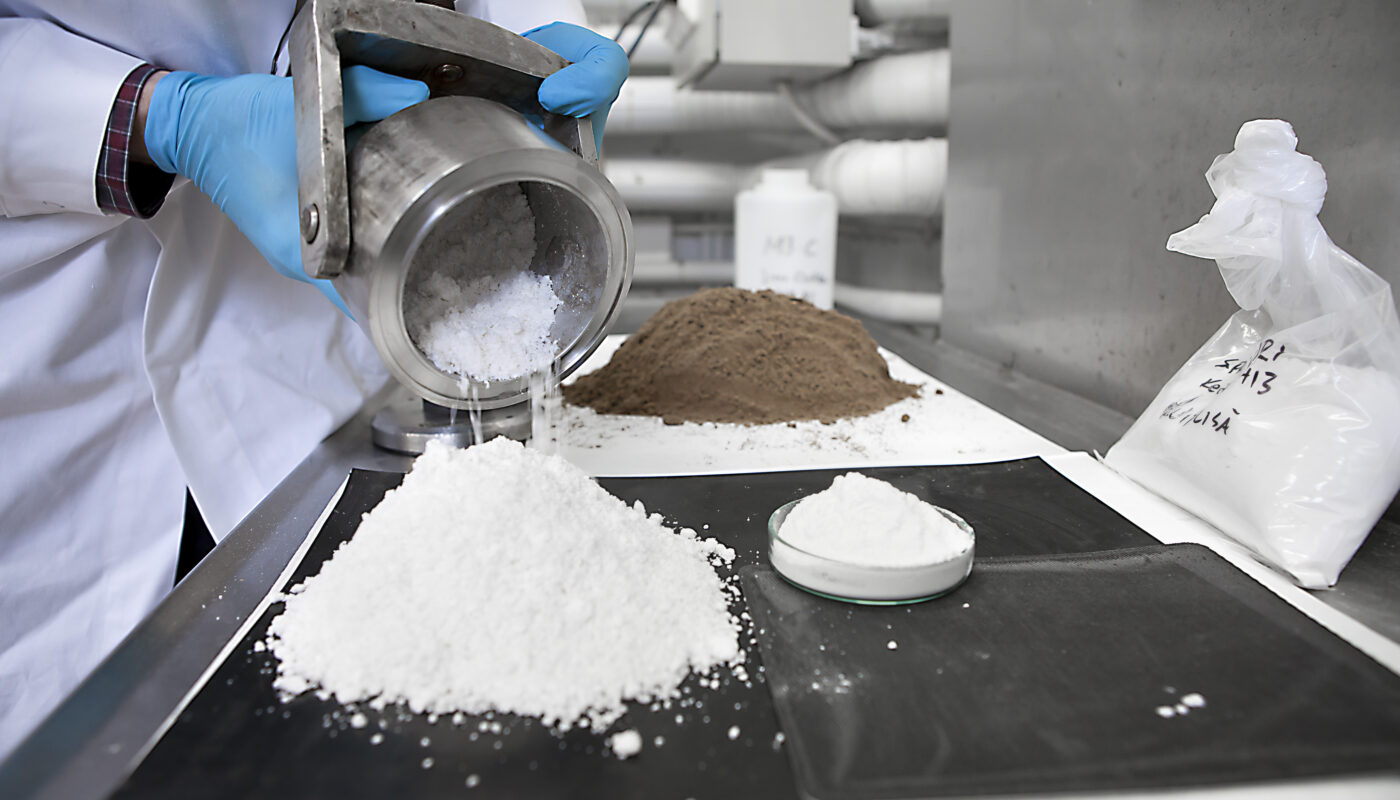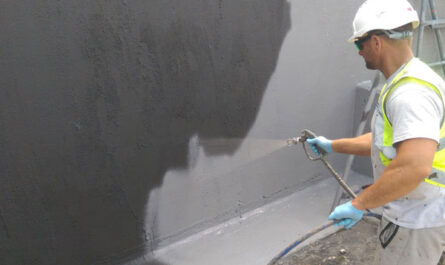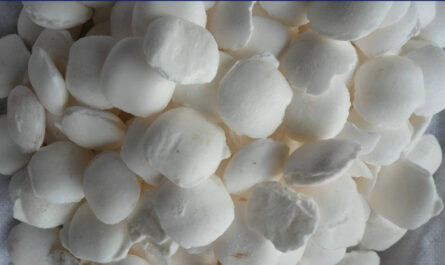Microcrystalline cellulose (MCC) is a refined, partially depolymerized form of crystalline cellulose produced from pure alpha-cellulose. It is commonly used in a variety of industries such as food, pharmaceutical, and cosmetics. Unlike ordinary cellulose, MCC has uniform fine particles with a narrow size distribution that gives it useful properties as an excipient or additive. In this article, we will discuss the various properties and applications of MCC in different industries.
Origin and Production Process
Cellulose is the most abundant organic polymer on earth and is a major component of plant cell walls. It is produced from sustainable and renewable sources such as wood pulp and plant fibers. The production of Microcrystalline Cellulose begins with the purification of alpha-cellulose from the raw plant material through alkaline treatments. The purified alpha-cellulose is then soaked in concentrated sulfuric acid which causes hydrolysis and depolymerization of cellulose chains. This step results in the reduction of cellulose chain length and crystallinity. The microcrystalline particles are then separated from the acid through filtration and extensive washing. The washed MCC particles are then dried, milled, and sifted through fine mesh screens to achieve the required particle size. The entire production process results in a purified product with well-defined physical and chemical properties.
Physical Properties
As a refined form of cellulose, MCC has distinct physicochemical properties due to its highly purified and partially depolymerized nature. It contains tiny rod or fiber-like crystalline particles ranging from 50-400μm in size. The bulk density ranges from 26-40 g/100mL depending on the milling process. It has a very high specific surface area of 50-300m2/g providing good binding and dilution properties. MCC is practically insoluble in water and most common solvents but shows excellent disintegration properties when compressed into tablets or encapsulated. Together, these properties make it suitable for use as a filler, diluent, binder and disintegrant in various industries.
Applications in Food Industry
In food production, MCC is used as a versatile excipient to modify textures and improve functionality. Some common applications include:
– As a thickening agent and fat replacer in low-fat foods, dairy products, sauces etc.
– As an anticaking agent and glidant in powdered foods and supplements
– As a bulking agent in sugar substitutes, chewing gums, and diet foods
– As a moisture barrier in baked goods to increase shelf life
– As an extrusion aid and encapsulating agent in breakfast cereals
– As a fat substitute in chocolate confectionery
MCC allows food manufacturers to reduce costs and optimize properties without compromising taste and mouthfeel. Its safety, stability and functional properties have made it one of the most widely used food additives.
Usage in Pharmaceutical Industry
The pharmaceutical industry utilizes MCC extensively due to its unique properties as a directly compressible excipient. Some major applications include:
– As a diluent and filler in tablet formulations to provide bulk
– As a disintegrant and reologist in immediate and sustained release tablets
– As a binder and granulation aid to improve powder flowability and compaction
– As a processing aid in wet granulation and direct compression processes
– As a glidant and lubricant in capsules to improve powder flow properties
– As an anti-caking and moisture barrier agent in lyophilized injectables
MCC helps simplify manufacturing operations and enables the development of robust formulations across various dosage forms. Its GRAS status makes it suitable for a variety of potent drug molecules.
Role in Cosmetics and Personal Care
Due to its absorbent and bulking abilities, MCC has found applications as a functional ingredient in cosmetics. Some uses are:
– As a thickening agent in creams, lotions and gels to provide texture and stability
– As an anti-caking agent in powders, foundations and loose pigments
– As a matte-finishing agent in compact powders and setting sprays
– As an absorbent in wet wipes, cotton balls and cleansing products
– As a carrier and diluent for active ingredients in masks, serums and peels
The finely divided and water-absorbent properties of MCC allow it to impart desirable sensory qualities to a wide range of cosmetic formulations. Its safety profile has enabled expansive uses from skin to hair care products.
Emerging Applications
Research on MCC is exploring new potential applications utilizing its unique physical attributes:
– As a reinforcing agent in biodegradable polymers for 3D printing filaments
– As a substrate for controlled/sustained drug delivery scaffolds and implants
– As an opacifying agent in paints, coatings and construction materials
– As an absorbent/dessicant in humidity control packaging and horticultural soils
– As a solid-state lubricant additive for improving mechanical properties
With advancements in material engineering and green chemistry, more innovative applications of MCC are expected across multiple industries in the future.
Microcrystalline cellulose is a highly refined and valuable excipient with distinctive physicochemical characteristics. Its versatile functionality, safety, stability and renewability have enabled extensive applications from daily consumer goods to healthcare products. Continuous innovation is further extending its uses. As a sustainably sourced plant polymer, MCC is poised to play an even greater role as societies adopt more environment-friendly solutions in various areas of science and technology.
*Note:
1. Source: Coherent Market Insights, Public sources, Desk research
2. We have leveraged AI tools to mine information and compile it



